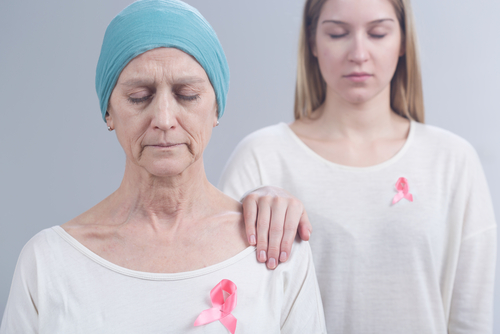Results from an international clinical trial led by a University of Pittsburgh Cancer Institute (UPCI) professor revealed that surgery to remove the primary tumor in women diagnosed with stage 4 breast cancer, followed by the standard combination of therapies, improves patients’ survival when compared with standard therapy alone. The results will be presented at the American Society of Clinical Oncology’s (ASCO) annual meeting in Chicago.
“Our findings will change the standard of care for women newly diagnosed with stage 4 breast cancer,” said principal investigator Atilla Soran, M.D., M.P.H., clinical professor of surgery at the University of Pittsburgh School of Medicine, and breast surgical oncologist with UPMC Cancer Center, in a news release. “We’ve shown that surgery to remove the primary tumor — either through lumpectomy or mastectomy — followed by standard therapy, is beneficial over no surgery.”
The MF07-01 trial was a multi-center Phase 3 randomized trial of treatment comparing loco-regional surgery (LRS) followed by appropriate systemic therapy (ST) vs. ST alone. In the study, the researchers aimed to compare three-year survival and loco-regional progression (LRP).
A total of 274 women were recruited from 25 clinical sites. All women taking part in the trial were recently diagnosed with stage 4 breast cancer. Half of the patients were randomly assigned to be treated with traditional therapy with a combined regimen of chemotherapy, hormonal therapy, and targeted therapy. The other half had surgery to remove the breast tumor and then were treated with the traditional therapeutic regimen.
During the study, researchers observed that 40 months following the diagnosis, the patients who had surgery followed by traditional therapy had a prolonged survival of nine months, compared with those patients who were treated with the traditional therapy only.
The results also showed that 42 percent of the patients who were treated with surgery to remove their breast cancer tumor lived to five years following diagnosis compared to those patients who were not treated with surgery (25 percent).
Another interesting observation was that surgery in younger women with less advanced breast cancers resulted in longer median survival rates compared with women with more aggressive cancers.
“Our thinking is similar to how you might approach a battle against two enemies,” Soran said. “First you quickly dispatch one army — the primary tumor — leaving you to concentrate all your efforts on battling the second army — any remaining cancer.”

